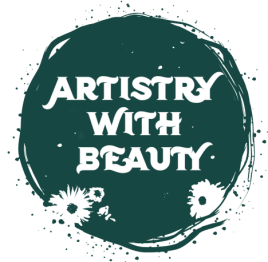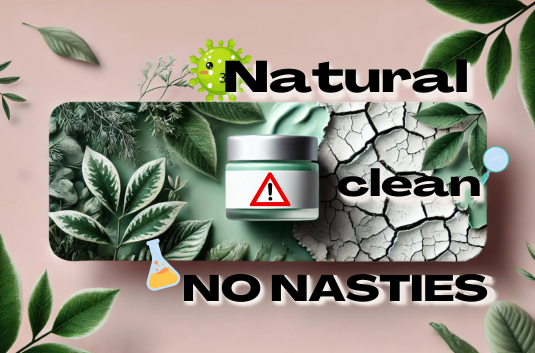We’ve all seen it: the glistening, plant-filled advertisements promising a world of “clean,” “natural,” and “toxin-free” beauty. It’s tempting, isn’t it? Who *wouldn’t* want to slather their face with something that sounds so pure and wholesome? But what if I told you that the “clean beauty” movement is not only misleading but can actually be more dangerous than the products it claims to demonize?
Before you reach for that organic face oil or throw away your “chemical-laden” sunscreen, let’s dive into the murky waters of clean beauty and expose some uncomfortable truths.
The Problem with “Clean”: It’s a Marketing Term, Not a Scientific One
One of the biggest problems, as brilliantly explained by Michelle Wong (Chem PHD) of Lab Muffin, is that “clean” has no universally agreed-upon definition. It’s a marketing tactic, not a regulated scientific standard. This means that every brand gets to create their own version of “clean,” often based on fear-mongering and misinformation rather than actual safety data.
Think about it: what does “toxin-free” even *mean*? Everything is a chemical, including water and oxygen! The term is used to scare consumers into believing that some chemicals (the “bad” ones) are inherently dangerous, while others (the “natural” ones) are automatically safe.
The Myth of “Natural” Equals “Safe”
This is where things get really dicey. The clean beauty movement often equates “natural” with “safe,” and “synthetic” with “dangerous.” But the truth is that many natural ingredients are potent allergens and irritants. Here’s why the Lab Muffin article makes some important points:
- Poison Ivy is Natural, but You Wouldn’t Put it on Your Face!** Just because something comes from nature doesn’t make it safe for your skin. Many plants contain compounds that can cause allergic reactions, rashes, and photosensitivity (increased sensitivity to the sun). Tea tree oil, a common “natural” ingredient in acne treatments, is a known skin irritant for many.
- “Essential” Oils are Potentially Problematic:** Essential oils, often used in clean beauty products for their fragrance, are highly concentrated and can cause irritation, allergies, and even photosensitivity. The article points out that even supposedly “safe” essential oils, like lavender, contain fragrance chemicals that can be irritating to those with sensitive skin.
- “Natural” Preservatives Aren’t Always Effective:** Preservatives are crucial to prevent the growth of harmful bacteria and mold in skincare products. While “clean” brands often shun synthetic preservatives, their “natural” alternatives may be less effective, leading to product spoilage and potential skin infections.
The Fear-Mongering and Misinformation
The clean beauty movement often relies on fear tactics, demonizing specific ingredients with little to no scientific basis. This leads to:
- Misguided Product Choices:
People often avoid safe, effective products based on misinformation and replace them with “natural” alternatives that may be ineffective or even harmful. The Lab Muffin article highlights the fact that some essential oils can make your skin MORE sun-sensitive, which is the exact opposite of the effects many are looking for. - The Anti-Science Stance:
The clean beauty narrative often distrusts science and claims that “big beauty” is intentionally harming consumers. This discourages people from consulting actual experts and relying on sound scientific evidence.
So, What Should You Do Instead?!
Instead of blindly following the “clean” beauty trend, focus on **evidence-based skincare**. Here’s what that looks like:
- Do Your Research: Don’t just believe what a brand tells you. Look for scientific studies, consult with dermatologists, and learn about the ingredients in your products.
- Turn and Learn – Read Ingredient Lists, Not Marketing Claims: Don’t be swayed by flowery language. Look at the full list of ingredients and research any unfamiliar ones.
- Prioritize Effective Ingredients:
Look for ingredients that are scientifically proven to work, like retinoids, vitamin C, and sunscreen. - Listen to Your Skin: Everyone’s skin is different. If a product is causing irritation or breakouts, stop using it, regardless of how “clean” it claims to be.
The Takeaway From This Article
The “clean” beauty movement, while well-intentioned, is built on a shaky foundation of misinformation and fear. It’s time to move beyond the hype and prioritize science and evidence-based practices when choosing skincare products. Let’s focus on what truly matters: safe, effective, and well-researched skincare that actually delivers results.


